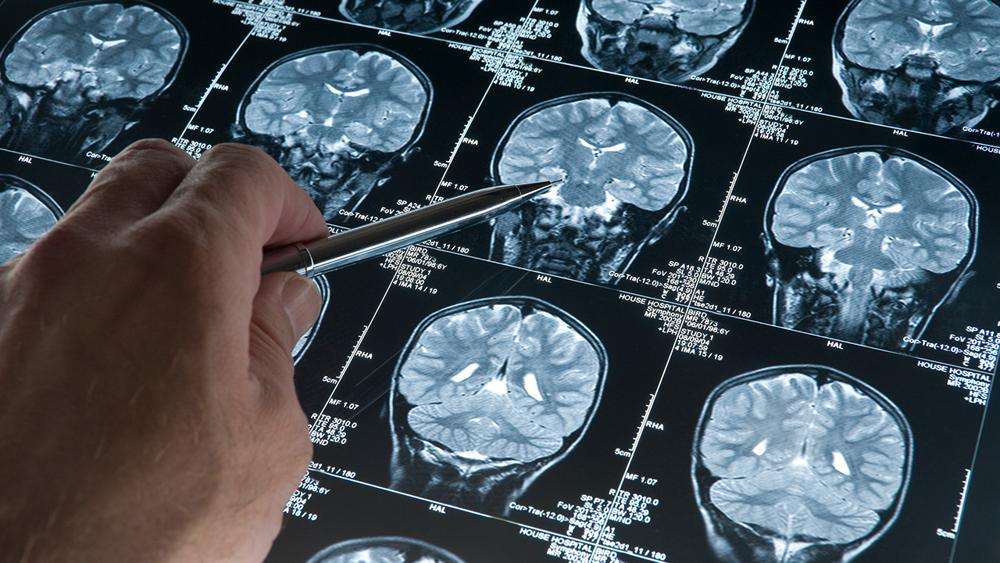Health
Latest Advances in Alzheimer’s Research

There are numerous unknowns surrounding Alzheimer’s, a tragic condition affecting millions of people worldwide. As scientific progress marches on, revealing an ever-evolving landscape of discoveries, hope emerges along with it.
To stay informed and contribute to the collective fight against this disease, you need to be in tune with the latest advances. Keep reading to understand how researchers are inching closer to unveiling the complexities of Alzheimer’s research.
Unfolding the World of Alzheimer’s Research
When discussing Alzheimer’s, it’s crucial to acknowledge that the disease is far from fully understood. Still, a basic understanding of the underlying mechanisms has been solidified. An abnormal accumulation of protein plaque, specifically beta-amyloid and tau, damages brain cells, manifesting in memory loss and cognitive decline.
The exact cause behind this accumulation is still a mystery. Researching dementia, particularly Alzheimer’s, has been increasingly prioritized by health authorities worldwide.
The Fisher Center for Alzheimer’s Research Foundation is a leading example of an organization committed to education and assistance. Alzheimer’s is a multifaceted disease with genetic, lifestyle, and environmental factors that interplay in ways that science has yet to completely unravel. While the puzzle of Alzheimer’s isn’t fully solved yet, the community hasn’t been idle.
Recent years have painted an optimistic future, unveiling new dimensions of this condition that would’ve been unthinkable a few decades ago. Organizations like The Fisher Center are an incredible resource for patients and their families.
Cutting-Edge Techniques in Alzheimer’s Diagnosis
Early detection of Alzheimer’s is on the horizon, thanks to advancements in neuroimaging and biomarker identification. Detecting Alzheimer’s in its earliest stages, even before symptoms appear, may increase the effectiveness of potential treatments and slow down disease progression.
New imaging techniques, such as amyloid PET scans, allow doctors to detect beta-amyloid plaque buildup in living brains, something that was impossible just a decade ago. This breakthrough could lead to more accurate diagnoses and treatments.
Biomarker research has also revealed promising results. Blood tests that identify certain proteins associated with Alzheimer’s are becoming increasingly accurate. Such tests could provide an affordable and non-invasive alternative to brain scans for early diagnosis.
Artificial intelligence is another tool being harnessed in diagnosing Alzheimer’s. Machine learning algorithms can be trained on thousands of brain scans and medical records to identify patterns that might indicate the early stages of the disease.
Promising Developments in Alzheimer’s Treatments
Current Alzheimer’s treatments focus mainly on managing symptoms, but new research aims to slow or halt the progression of the disease. Disease-modifying therapies, which target the disease’s underlying mechanisms, are being explored.
Drugs that could remove beta-amyloid plaque from the brain or reduce its production are working their way through clinical trials. Despite some setbacks, some of these drugs have shown promise and could revolutionize Alzheimer’s treatment.
Other therapeutic avenues are also being explored, such as the use of stem cells to regenerate damaged brain tissue, immune therapy to clear amyloid plaques, and therapies targeting tau protein. Non-drug approaches, such as cognitive therapy and lifestyle changes, also show promise in managing Alzheimer’s. While research in this area continues, it’s becoming apparent that a multi-pronged intervention strategy might prove most effective.
In conclusion, staying updated on the latest advances in Alzheimer’s research is vital for several reasons – it ensures that healthcare providers deliver the most valuable care, helps raise awareness among the general public, and inspires hope for potential breakthroughs in understanding and treating this devastating disease.
By staying informed, we can all contribute to the global effort to combat Alzheimer’s and ultimately improve the lives of those affected by it. The mystery may yet remain, but one thing is clear: there’s more hope now than ever before for individuals affected by Alzheimer’s.
People Also Reading:
Thailand Monkeypox Outbreak: 24 afflicted, one Death Recorded
Thailand Monkeypox Outbreak: 24 afflicted, one Death Recorded































